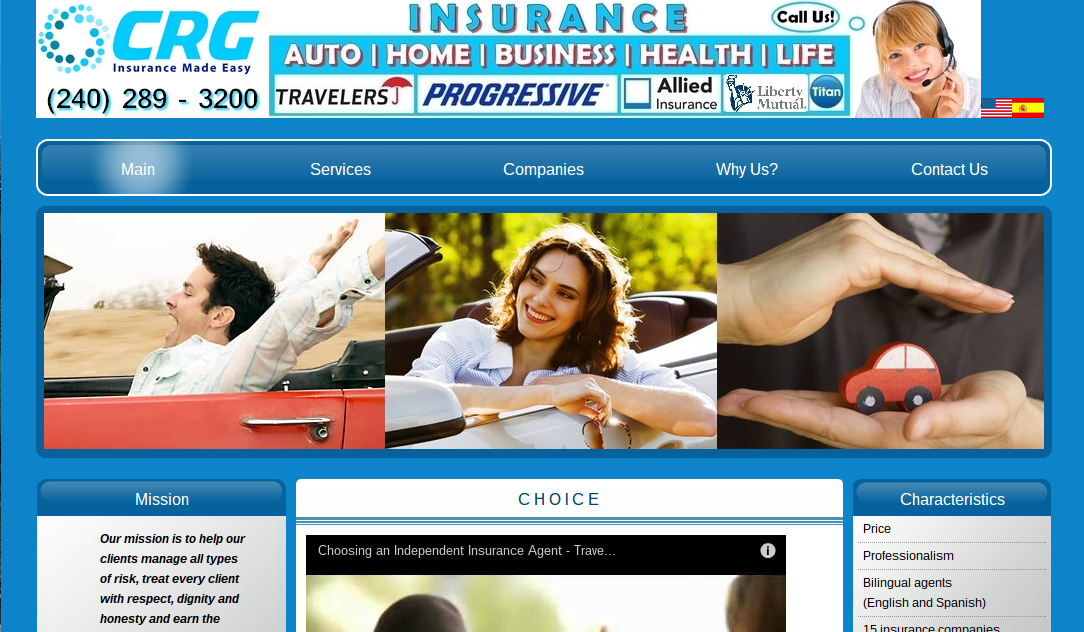With commoditization of personal lines auto and an ongoing assault from the direct channel on small business, independent insurance agents need to exploit every opportunity to sell insurance products and services to their existing client base. Yet most experts agree that agents are taking a deer-in-the-headlights approach when it comes to cross selling products.
We spoke with three agencies and brokerages that are committed to cross selling on how they got started and succeeded with cross selling. Their stories follow.

Recommended For You
Want to continue reading?
Become a Free PropertyCasualty360 Digital Reader
Your access to unlimited PropertyCasualty360 content isn’t changing.
Once you are an ALM digital member, you’ll receive:
- Breaking insurance news and analysis, on-site and via our newsletters and custom alerts
- Weekly Insurance Speak podcast featuring exclusive interviews with industry leaders
- Educational webcasts, white papers, and ebooks from industry thought leaders
- Critical converage of the employee benefits and financial advisory markets on our other ALM sites, BenefitsPRO and ThinkAdvisor
Already have an account? Sign In Now
© 2025 ALM Global, LLC, All Rights Reserved. Request academic re-use from www.copyright.com. All other uses, submit a request to [email protected]. For more information visit Asset & Logo Licensing.








